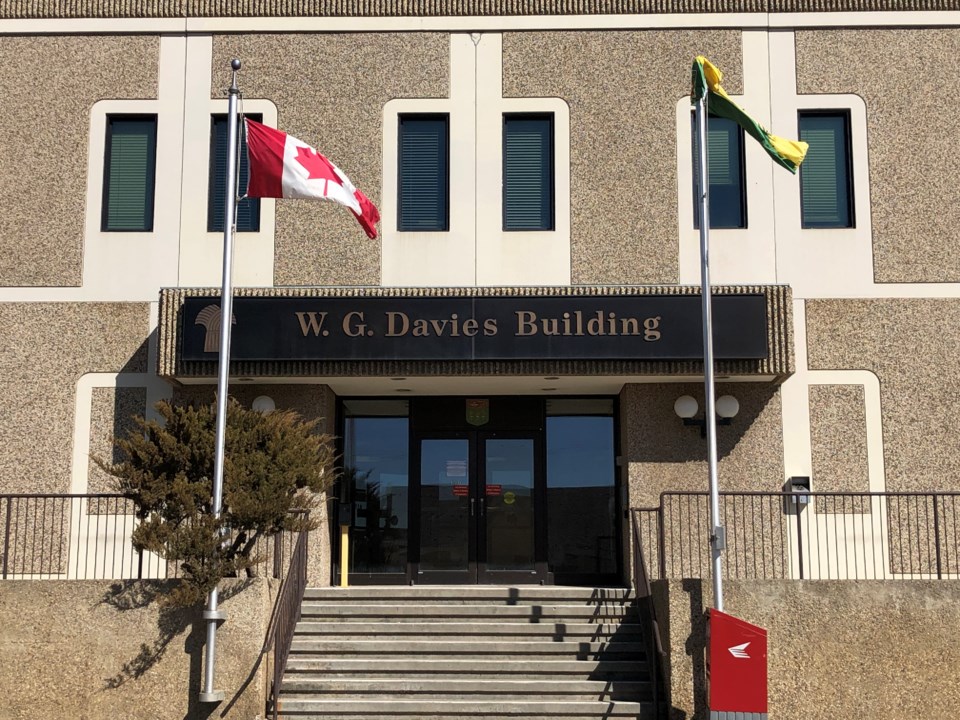The Moose Jaw Crystal Meth Strategy Committee is highlighting how drug treatment court has helped former drug users turn around their lives after participating in the intensive program.
Meagan Jasper, 31, started using crystal meth when she was 16 years old but has been clean and in recovery for 3.5 years. Starting in 2016, she participated in the Regina drug treatment court (DTC) for 13 months. She explained that the program gave her stability, accountability, and structure to recover from her addiction.
DTC required Jasper to live in an approved sober-living residence with curfews, participate in weekday programming, and perform random drug tests. Programming also included plenty of group work using Moral Reconation Therapy (MRT), the premiere cognitive-behavioural treatment program for substance abuse and offender populations. The therapy helps participants learn about their addiction and make the necessary changes to their thinking, behaviour and lifestyle.
MRT “helped me change the way I think,” Jasper told the committee. “I don’t think I’m a victim of my circumstances anymore and (MRT) taught me to go from dishonesty to honesty.”
It was also helpful to have other individuals in the program at different stages of recovery since support from peers and those with addictions experiences brought a different level of credibility, she continued. Being called out by her peers was helpful.
Drug treatment court is different from regular criminal court since program team members are encouraging, friendly and supportive, Jasper said. She was initially surprised when she watched court participants tell their stories and team members would cheer and clap — not something that normally happens in court — after hearing about the positive progress.
Attending DTC graduation after 13 months in the program was a thrilling moment for Jasper, particularly since her family — with whom she had experienced periods of estrangement — attended the event.
Another DTC participant the crystal meth committee has featured is Chad Kobelsky, who graduated from Moose Jaw DTC in February 2020 after 13 months in the program.
Kobelsky told the committee that his addiction to crystal meth caused him to lose everything, including his relationships and money. When he was on the drug, Kobelsky said that he didn’t care about his life or the trouble he was experiencing, so he sold drugs to support his habit. This led to serious criminal charges, which created the chance to participate in DTC.
It took Kobelsky a few months in the program’s assessment phase to clear his thinking so he could commit to making genuine efforts in his recovery, he told the committee. Factors that supported his recovery included being accountable to the court system, mandatory treatment, random drug screening and a supportive team.
MRT helped him to “look back on decisions I made and made me think about things like, ‘Was it worth it?’” he said. Learning about relapse prevention and becoming involved in the community — including volunteering at Riverside Mission — also helped him become stronger and healthier.
Graduating from drug treatment court was “bittersweet,” Kobelsky said. While he appreciates that participating in DTC was an important accomplishment in his life, he was disappointed to lose the support from people who helped him along the way.
“(DTC) ultimately saved me,” he added.
Drug treatment court in Moose Jaw is held at the provincial court building on Ominica Street West.




